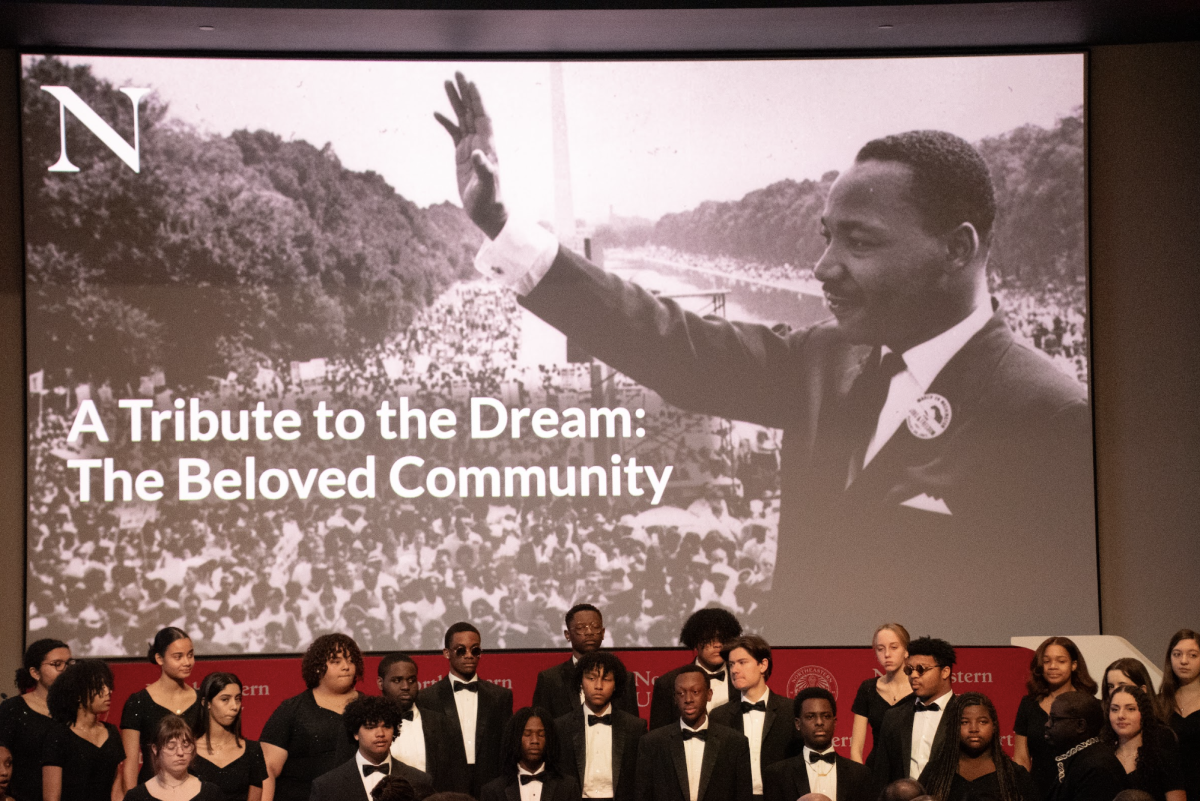I had just returned from lecturing to my criminology class when I noticed in front of my office at Churchill Hall the red and gray banner hanging from a pole with the words ‘Northeastern:’ Opportunities without Boundaries.’ As a sociologically-oriented criminologist, I lecture and write about legal and social boundaries. I had earlier lectured on the moral boundaries advocated in the writings of the distinguished master of sociological thought, Emile Durkheim. I quoted to my class Durkheim’s book on suicide to illustrate his concept of anomie (a condition where social and/or moral norms are confused, unclear or simply not present), which he wrote about toward the end of the 19th century. Durkheim said, ‘One does not advance when one walks toward no goal, or ‘- which is the same thing ‘- when his goal is infinity. … To pursue a goal which is by definition unattainable is to condemn oneself to a state of perpetual unhappiness.’
I began to think just a little more about the Northeastern banner, its possibilities and if it’s indeed the kind of feel-good message we wish to broadcast, particularly in these times when our financial markets are in turmoil. The masters of today’s financial institutions probably thought in terms of opportunities without boundaries. They seem to have pushed the boundaries of home ownership beyond affordable limits so much so that many are now homeless. Surely, the rhetoric of today’s state and national elected leaders is one of constraint and responsibility, and that opportunities for economic growth today are quite limited.
But perhaps I am being too picky in the use of ‘bannered’ words. Banners are symbolic of a larger set of meanings, and they should be positive and not negative in the message they provide. Surely the purpose is to announce to the world the unlimited opportunities at Northeastern that supersede all possible boundaries. If you are here at Northeastern, all kinds of opportunities will emerge is one way to interpret the intent of this ‘bannered’ phrase. Or perhaps opportunities without boundaries means that you will be more likely to discover your true inner self and become a self-actualized individual based on the opportunities this university can provide. This logic of self-actualization would fit well into the themes of today’s society where there is more of a focus on the self.
So the folks in public relations might consider ignoring Singer’s introductory lecture on anomie and produce a more exciting banner, like one that states ‘opportunities without moral boundaries.’ I have a feeling such a banner would improve Northeastern’s U.S. News and World Report ratings as gathered from representative samples of students who would rather hang out in the local clubs than in the library. It would suggest the kind of promiscuous post-modern campus that would prove to late modernity theorists that Durkheim is truly passe. In other words, there is nothing ‘cool’ about a boundary.
But basically a banner that states ‘opportunities without moral boundaries’ is a bad idea and it shouldn’t even be considered past these quickly written pages. Undoubtedly, it would lead to a major decline in alumni giving and a yet-to-be determined quantity of parents to regret that their children did not consider for a second that religiously oriented rural college with explicitly stated moral boundaries. Besides, it would heighten the risk that more of our students would reproduce each others’ exams and plagiarize their previously submitted writings. Havoc and disorder would certainly ensue, although this might be viewed as opportunity for unlimited debates on the ethic of boundaries in our general education in the discipline courses.
We may have some deep-psychological need today to simply acknowledge that our boundaries are not fixed and we are free to set them anyway we like. But perhaps it is best just to forget this business of boundaries for now and save it for our psychology and sociology courses, or better yet relegate boundaries to geography where they are most visible.
Or, how about just drawing on the positive, and the fact that Northeastern is unique in its ability to create opportunities through its long-standing tradition of cooperative learning and education. So here is my quick proposal for a modification of the banner if one is perceived as really needed:’ ‘Northeastern:’ Cooperative Opportunities.’ Actually, that sounds a bit too Marxian and perhaps more appropriately the subject of my next lecture.
‘- Simon Singer is a criminal
justice professor.








